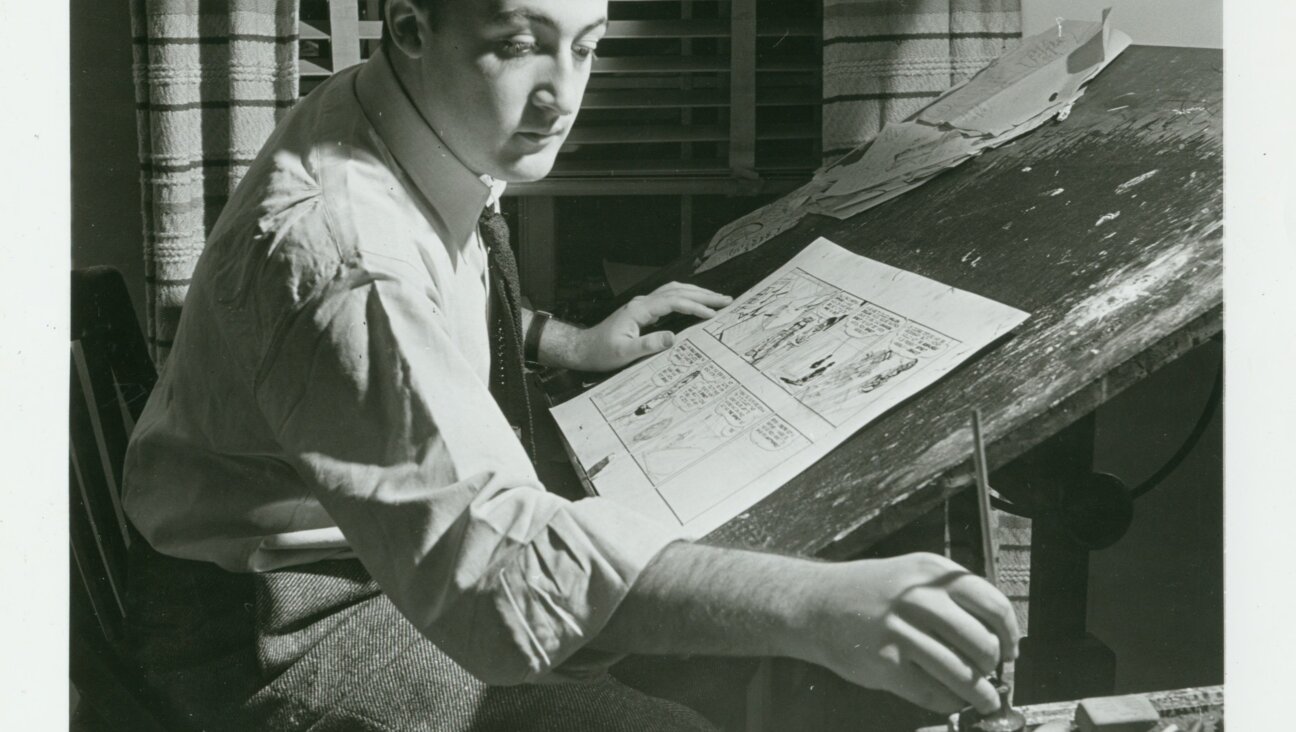Living With Asperger’s: Education Is a Struggle
College is a struggle no matter what your mental status is. For me, it was particularly challenging, because I have Asperger’s syndrome, which was diagnosed when I was 18.
It’s a “hot” disorder in popular culture: Characters with this form of high-functioning autism have turned up in several recent novels, including the best-selling “The Curious Incident of the Dog in the Night-time.” However, I can say from personal experience that it’s more entertaining to read about Asperger’s than to live with it.
Symptoms include problems with sensory overload, poor social awareness involving personal habits, difficulty concentrating, inability to tell the difference between speech patterns and nonverbal communications, and the inability to deal with changes in one’s routine.
All this made school uniquely difficult. Elementary school was a debilitating experience. Though I excelled in class, I didn’t have a single friend. Middle school was a three-year nightmare — not primarily because of academics (although my grades reflected a laissez-faire attitude toward education), but because of a series of bullies and taunters who made life almost unbearable.
By the time I reached high school, I was seeing a psychiatrist for depression and social anxiety. None of this helped. In my junior year I was transferred from my large, anonymous public school to a very small private school in an attempt to deal with my problems. My academic ills got better but socially I was the same person I always had been.
When I was 16, my parents suspected I had Asperger’s, although it took two more years before they were certain enough to tell me. I had trouble accepting the diagnosis, and when I finally agreed to join a therapy group with other similarly affected people, I told myself, “I’m not nearly as bad as they are.” Several months later, I dropped out of the group and didn’t deal with the problem for another three years.
My college years at Adelphi University in Garden City, Queens, were more of the same. I had my eyes on the academic prize, and to that extent I was successful. But academics were the only thing that interested me. I didn’t join any on-campus clubs or organizations. I didn’t even write for the school paper, even though I was majoring in English.
A large part of this was because I chose not to live on campus but rather to commute from my home in Douglaston — a trip that took at least an hour-and-a-half by train. In retrospect, I believe that I used this commute to avoid dealing with my other issues. I didn’t bother going to parties, or even staying on campus after class, because I figured: “I have this long commute, so why bother even trying to do anything socially?”
In the end, I achieved my goal: I graduated from the Honors College of Adelphi with a bachelor’s degree in English.
But Asperger’s doesn’t go away. For a few years after graduation, I didn’t think I needed other people. I had my routine. I had my television shows to watch and my Super Nintendo games to play. I didn’t know what kind of social life I was missing because I’d never had it. A blind man doesn’t miss sunlight.
Eventually I found that there are only so many video games you can play, so many TV shows you can watch, so many books you can read before you need some companionship. I’m 26, and I live with my parents in Queens. I haven’t formed any lasting relationships with the opposite sex, and I have very few friends my own age. Most of this is because of Asperger’s.
In recent months, I started working as a freelance journalist. I’m taking anger management classes and seeing a therapist, and my behavior around people has improved. I also have gone back to school, taking classes at New York University and at New School University. This time, my school experience is better; I’ve even made a few friends.
Still, there’s no cure. Only an ongoing struggle.














